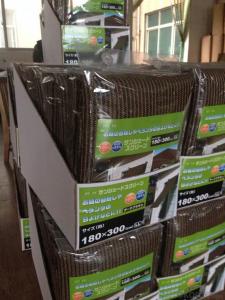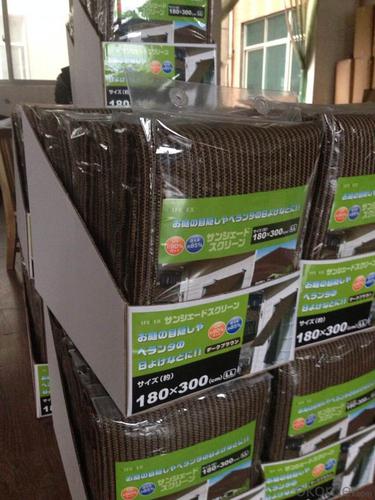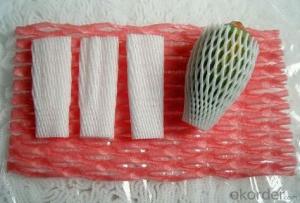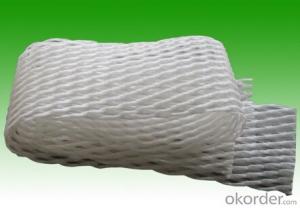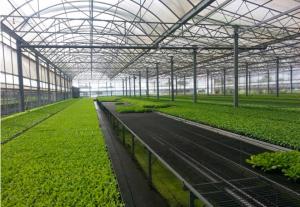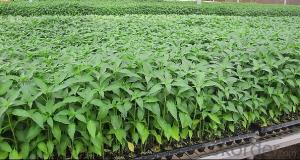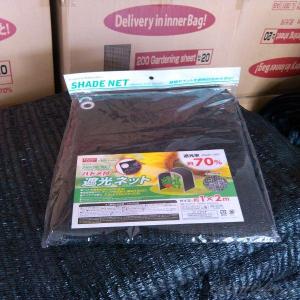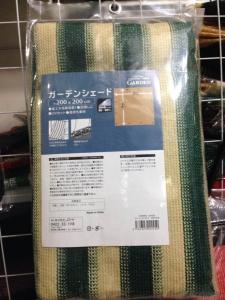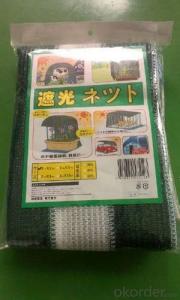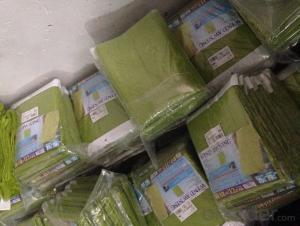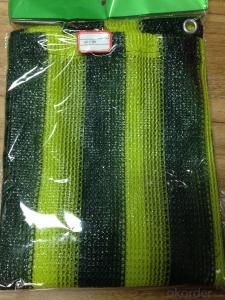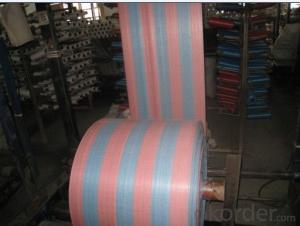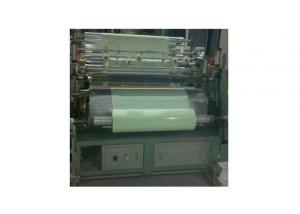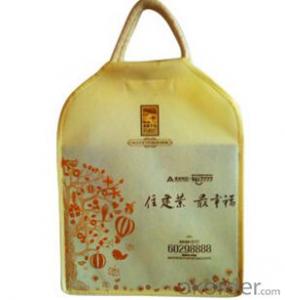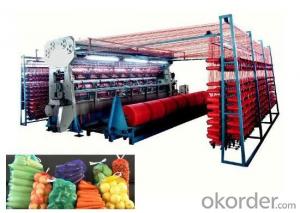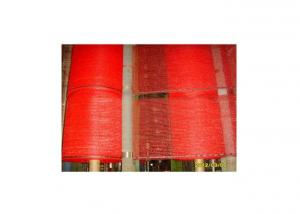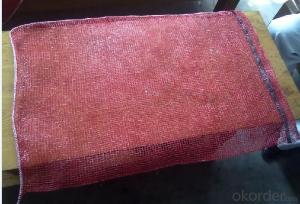Window Net Export to Japan
- Loading Port:
- China Main Port
- Payment Terms:
- TT OR LC
- Min Order Qty:
- -
- Supply Capability:
- -
OKorder Service Pledge
OKorder Financial Service
You Might Also Like
Specifications
balcony privacy net
1.Material:100% new HDPE,UV
2.Weight:120~220gsm
3.Useful life:3~5 years
4.balcony net factory price
balcony privacy net/shade net/window net
--product description
Product | balcony privacy net/shade net/window net |
| | |
Material | 100% new HDPE with UV,long service life |
Color | Green,yellow,blue,gray (as your request) |
Weight/sqm | 120~220gsm |
Size | Width:0.5m-3m, Length: as your request |
Samples | 1). sample time: Within 7-15 days. |
2). Sample charge: According to product details. | |
3). Sample refund: Negotiable | |
4). Send sample: Via TNT, UPS, FedEx, DHL Express | |
Sample is free for you to test the quality | |
Payment | T/T, L/C |
Delivery Time | Within 20 days after getting the deposit |
| | |
| | |
| | |
| | |
| | |
| | |
| | |
| | |
- Q: I have a few shirts that I wanna send my brother and his girlfriend in germany and I was thinking about sending it in one of those plastic bag type envelopes, simply because they're lighter and therefore cheaper to ship. My question is if it's ok to ship in that typ of packaging to germany or if it would be a problem (even though I'm from there I don't know what their packaging requirements are). Plus I don't know if it would rip easier than a package. What do you think?Thanks
- It should be perfectly okay if you wrap the shirts in some wrapping paper and then pack it into an envelope, preferrably with bubble wrap on the inside. It's not the USPS that treats envelopes badly, but rather European customs. For shirts and stuff that cannot break, a paper-and-plastic envelope will probably do, but I received more than one CD from the US wrapped in just a paper envelope with a broken case and a green stamp customs cleared / Frankfurt am Main clearly visible. Who stamped that, Dumbo the Elephant? I know that on international mail, weight is vital, but NEVER save on the wrappings.
- Q: Can ground cover be used to attract pollinators and beneficial insects?
- Yes, ground cover can be used to attract pollinators and beneficial insects. Ground cover plants such as clover, thyme, and sedum provide food sources and shelter for butterflies, bees, and other beneficial insects. These plants also offer a diverse and accessible habitat for pollinators, which can help increase their populations and improve overall ecosystem health.
- Q: Can agricultural plastic products be used for hydroponic growing media?
- Yes, agricultural plastic products can be used for hydroponic growing media. Agricultural plastic products such as polyethylene sheets, plastic pots, or containers can serve as a suitable alternative to traditional growing media like soil or peat moss in hydroponic systems. These plastic materials can provide adequate support for the plants' roots, retain moisture, and allow for efficient nutrient uptake in hydroponic cultivation. Additionally, using agricultural plastic products as growing media can reduce the risk of soil-borne diseases and pests, making it a viable option for hydroponic farming.
- Q: Do nursery trays come with a cover to protect plants from extreme weather conditions?
- Yes, nursery trays often come with a cover or dome that helps protect plants from extreme weather conditions.
- Q: What are some ground cover options for alkaline soils?
- Some ground cover options for alkaline soils include creeping phlox, yarrow, sedum, creeping thyme, and ice plant. These plants are known for their ability to tolerate alkaline conditions and can provide beautiful coverage for bare ground.
- Q: This question asks whether agricultural plastic products that are biodegradable can be recycled with ease.
- <p>Biodegradable agricultural plastic products are designed to break down over time through natural processes, which is different from recycling. While they reduce environmental impact by decomposing, they are not typically recycled in the conventional sense. The recycling process for these materials can be more complex than for traditional plastics due to their unique composition and the need to manage their decomposition effectively. It's important to check local recycling facilities' capabilities and guidelines, as not all may accept biodegradable plastics for recycling. Proper disposal and composting are often recommended for these products to ensure they break down safely and effectively.</p>
- Q: What are some ground cover options for tropical gardens?
- Some ground cover options for tropical gardens include moss, ferns, creeping vines like ivy or jasmine, and tropical grasses like zoysia or St. Augustine.
- Q: I want to start my own organic garden, but what I am wondering is.. Is it okay to plant organic plants in plastic containers? Or do they pick up the toxins from them? I don't believe in using plastic because it's manufacture is horrible for the environment, but if it's already made, can I use it??Basically I just need to know if all sorts of nasty things will harm the organic nature of my plants if planted in plastic.
- you will surely die if eat vegetables grown in plastic.
- Q: was plastic made for greater good or like discovery or was it for the worse scince its not biodegadable and its poluting our world?
- Lets see, what did we have before plastic. Wood! We used an incredable amount of it and cut down major forests before plastic replaced a large part of what we used the wood for. Don't forget, all of the dumps combined could fit into an area 40X40 miles. If we could move it easily, trash could be dumped there almost indefinitely. Doesn't seem so bad that way. An intelligently run landfill will have removed alll recyclable glass, (need a glass plant nearby to be economic) all recyclable metals, (separation is easy with convict labor) (thats the way Florida does it) the 3 major forms of plastic (need buyers for each) and the mix put into a lined area and capped. Intelligent use of the material will occur when controlled amounts of water (and maybe bugs) are added and the methane from decomposition is removed and used. Everything we do with oil can be done (not economically) with proper processing of coal. The good news is that gargage can now be made into an oil. The methane into plastics. Please don't confuse biodegration and poluting. A piece of glass in a dry environment will last thousands of years and when it does degrade, it doesn't pollute (unless it has lead or another heavy metal in it). As soon as plactic becomes too expensive, there will be something to take it's place.
- Q: Are agricultural plastic products used in livestock farming?
- Yes, agricultural plastic products are commonly used in livestock farming. These products include plastic feeders, water troughs, bedding materials, and protective covers for agricultural structures.
Send your message to us
Window Net Export to Japan
- Loading Port:
- China Main Port
- Payment Terms:
- TT OR LC
- Min Order Qty:
- -
- Supply Capability:
- -
OKorder Service Pledge
OKorder Financial Service
Similar products
Hot products
Hot Searches
Related keywords
